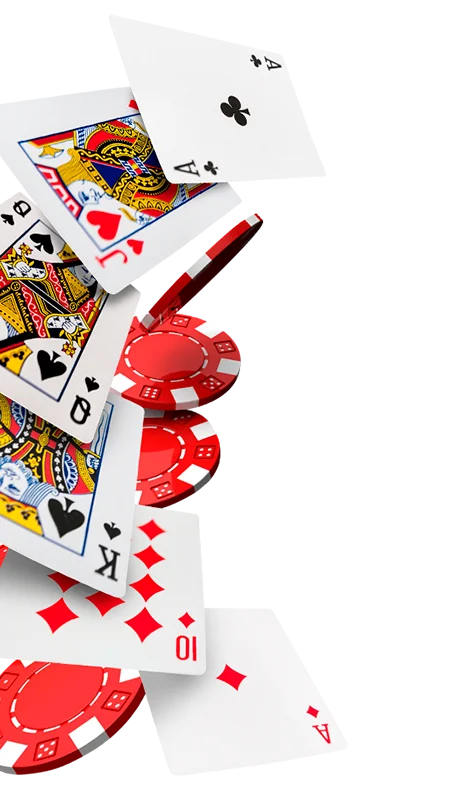

Richard Nixon and poker: the history of a hobby
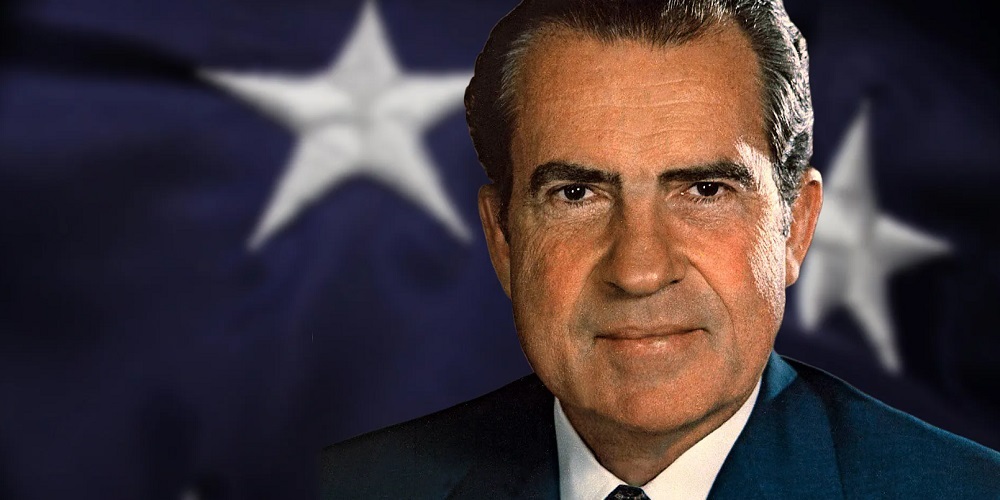
The former President of the United States
became famous not only for occupying one of the most coveted positions of power
in American political life, but also for the corruption cases linked to his
mandate. However, when we talk about Nixon, we are referring to one of the most
complex and brilliant minds. Brilliance that he showed in his economic policy,
in the management of his most complicated moments... and in poker.
Yes, Nixon was a great poker player and even accumulated a significant amount of money thanks to his poker skills, which he used to boost his political career.
Who was Richard Nixon in his childhood and youth?
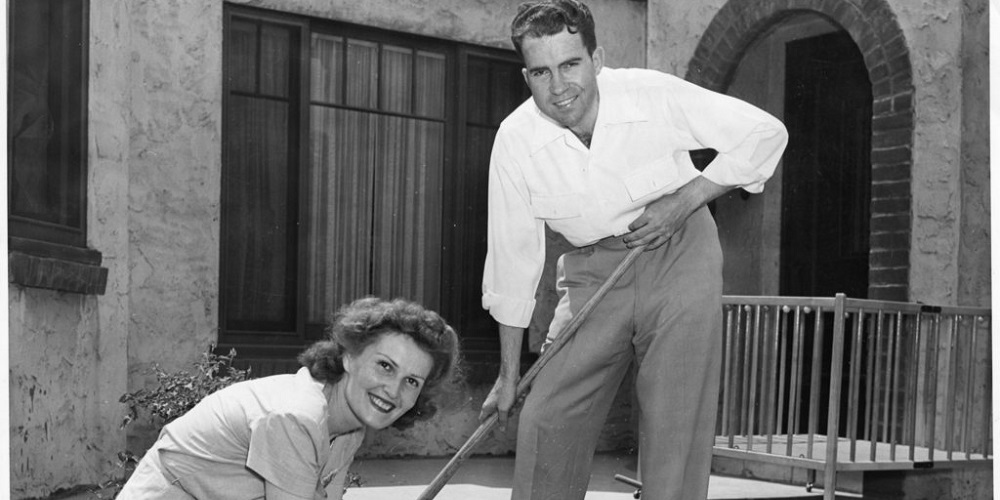
Richard Nixon was born on 9 January 1913 in
California. The house he lived in was sold in 1922 and the whole family moved
to Whittier, where his parents opened a gas station and grocery store to
earn some money and provide for the family's needs.
Richard finished his third year of high school
with very good grades and several awards. As a result, he won the
Harvard Club of California award and was awarded a scholarship to Harvard
University. However, the family's financial situation was precarious and they
were forced to give it up. This led the young Richard to Whittier College.
A few years later, Nixon continued to achieve
outstanding grades and was awarded a scholarship to Duke University Law School
in North Carolina. He accepted, graduated, and then returned to Whittier to
join the California Bar. He practiced law at Wingert & Bewley, then
the largest law firm in the city.
As for his love life, Nixon married a woman
named Patricia Ryan in 1940. In 1942 they moved to Washington D.C., as
Nixon joined the newly created Office of Price Administration, where he
practiced law.
But that life as a lawyer soon ceased. With the
outbreak of World War II, Nixon joined the Navy and was assigned to a
combat post in the South Pacific, constantly exposed to Japanese bombing.
However, he soon found quiet moments to befriend his fellow soldiers. It was in
this environment that he developed a love of poker, a game in which he soon
began to excel.
Over the years, despite the fact that gambling
was frowned upon in his family, Nixon became a great poker player. Thanks
to his skill, he began to win big prizes in amateur games, especially Five Card
Stud, a game he learned from his peers.
Nixon came to the Navy without knowing how to play poker, but he soon learned how to handle himself in the games played by his shipmates. For Nixon, poker was soon no longer a game. The competitive side of the game came to the fore, and Nixon used his ability to play the game to his advantage.
Nixon, poker and his first campaign
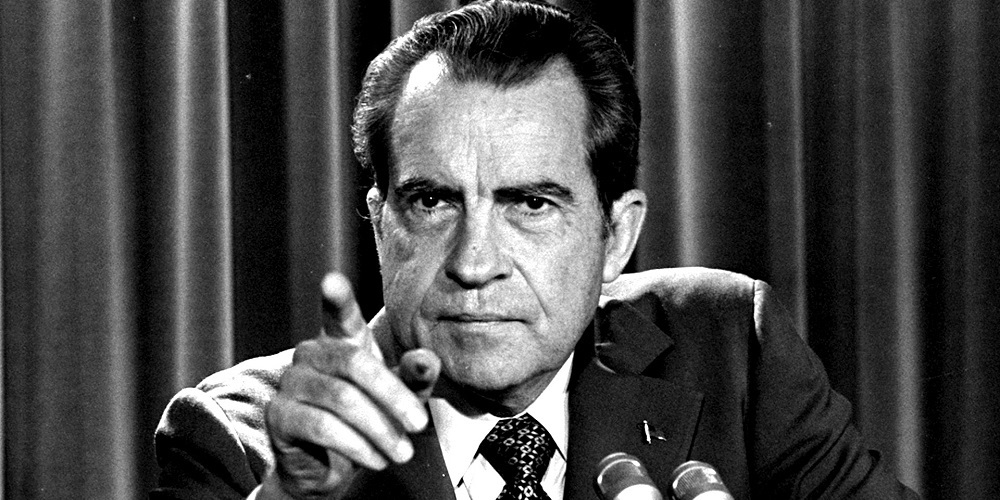
Nixon's accumulated experience in the army, his
extremely high level of competitiveness, and the fact that he was able
to hone his skills to improve his game soon paid off. Not for nothing did Nixon
spend days observing, watching how others played.
His friend James Stewart told him that the key
was to fold your hand about 9 times out of 10, that is, to play only when you
think you have the best cards. A boring way of playing for some, but one that
Nixon loved, as he was captivated by the high strategic component of the
game and that allowed him to achieve his goal: to win some money. Otherwise,
poker didn't interest him.
Nixon developed his game into a real shark. In
a very short time, he learned to play poker like a pro and that allowed
him to amass enough money to pay for much of the expenses of his first election
campaign.
The key to the Nixon figure is that he took up poker as if it were a job, just as professional gamblers do. Winning money was what motivated Nixon to play. He wasn't going to try his luck, he was going to win, and that defined his style of play and his outlook on life. Richard Nixon was ambitious, forceful. A winner who did not consider the possibility of losing. That is why many define the end of his political life as little short of a tragedy.
Was Nixon a shark at poker?
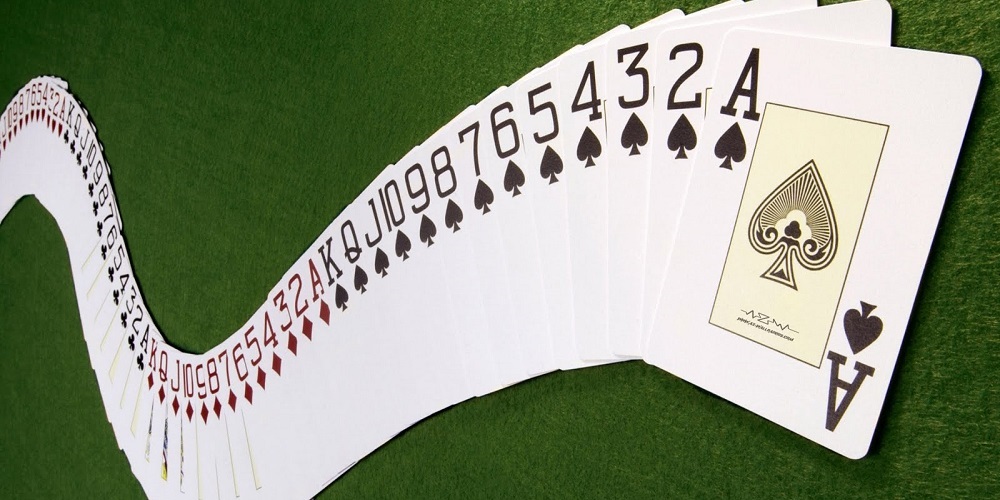
He certainly was. Nixon was a big-time shark. In
record time he learned to calculate outs and read his opponents' play.
In fact, in his memoirs he himself noted that he "found poker instructive,
entertaining and profitable.
He learned that the people who hold the cards
tend to be the ones who talk the least and are the smoothest; those who bluff
tend to talk loudly and give themselves away". It was a principle that
helped him to get through to people and made him a great
conversationalist, able to get through to people in minutes.
It was this innate ability to read opponents'
weaknesses that made Nixon a shark at poker. He was never afraid to bluff. James
Udall, who was in the army with Nixon, said of him that he was the best
poker player he had ever played against.
When his Navy career was over, Nixon came
home with $8,000. An amount which, taking into account the standard of
living and levels of inflation and the value of consumer goods, would be
equivalent to more than $100,000 today.
Although Nixon's initial idea was to buy a
house with his wife, Herman Perry's letter encouraging him to run for Congress
in California's 12th District prompted him to invest the money in his
campaign, which worked out well, as he ended up defeating Voorhis. Thanks to
poker, Nixon entered the antechamber that would catapult him to the presidency
of the United States, which he officially took office on 20 January 1969.
Nixon was not the only president who loved
poker or linked it to politics. Warren Harding accessed his twice-weekly
"poker cabinet" with contraband cigars and whiskey in defiance of
Prohibition, sparking rumors that some of porcelain of the White house was once
gambled away.
Harry Truman was the president most publicly
identified with poker,
which seemed natural for a Kansas City native.
Churchill had played poker for decades. "This man is cautious and
probably an excellent player," Truman had quietly warned his advisers.
"The reputation of American poker is at
stake and I expect everyone to do their duty" declared President John
F. Kennedy, in 1962, when confronted by Soviet leader Nikita Khrushchev,
who reluctantly agreed to withdraw Soviet arms from Cuba during the missile
crisis, Vice President Lyndon Johnson privately summed up J.F.K.'s performance
by saying, "He had known how to play a good bluff."
Unfortunately for Nixon, the cards in the deck
in political life would end up not being in his favor, and his career would
come to an abrupt end five years later with the outbreak of the
"Watergate Affair," sponsored by Washington Post journalists Bob
Woodward and Carl Bernstein, which led to Nixon's resignation in 1974.
You may also like
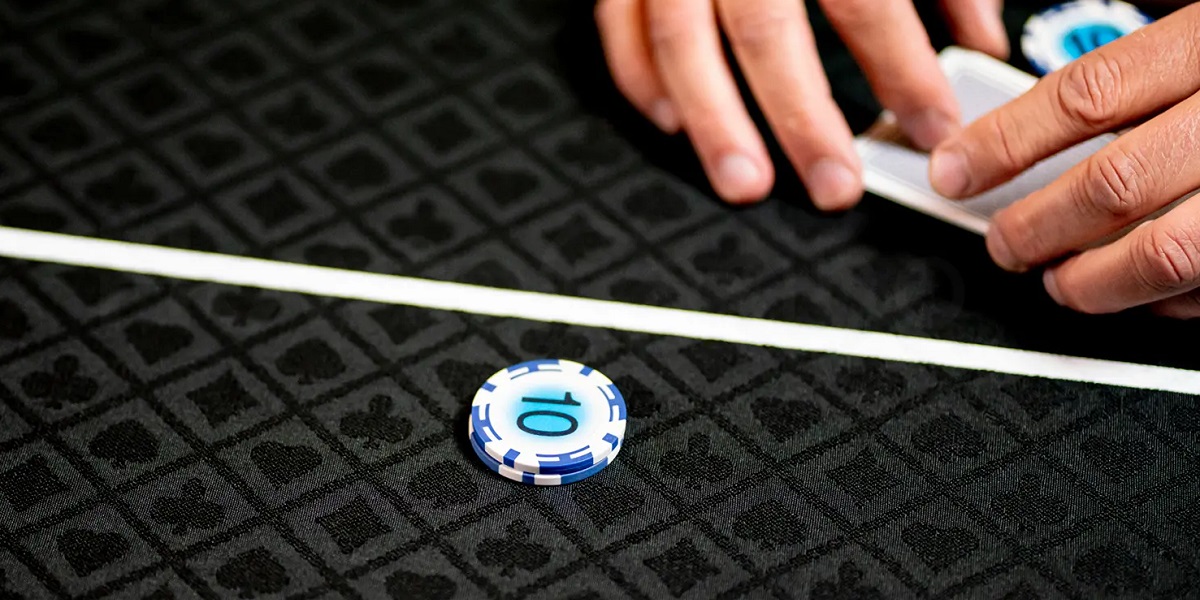
3bet poker: what is it and why should you know it?
It is common to hear the term "third bet" in some poker games. It is also known as "3bet", and it is nothing more than a reraise that takes place after a bet and a raise. It is the third raise that...
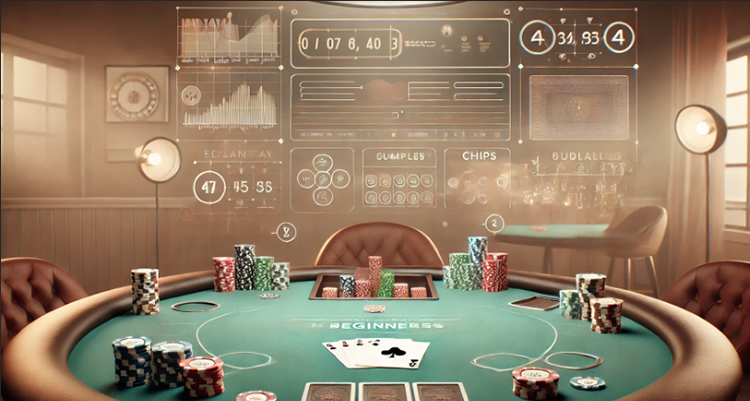
Master the Basics of Texas Hold'em: A Beginner’s Guide
Master the Basics of Texas Hold'em: A Beginner’s GuideTexas Hold'em is one of the world’s most popular poker variants, and it’s easy to see why. With a perfect blend of strategy, psychology, and a...

Chaos at Aria Las Vegas
Chaos at Aria Las Vegas: Player Demands Money in Viral Poker Room OutburstViral Incident at Aria Casino's Poker RoomLive poker once again made headlines after a shocking incident at Aria Casino in...













